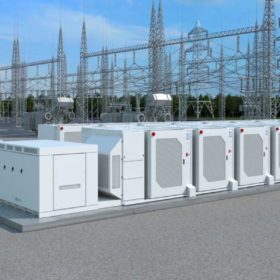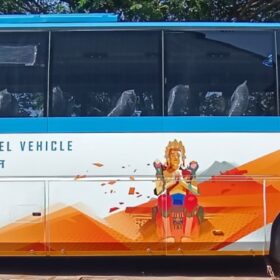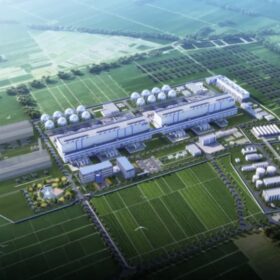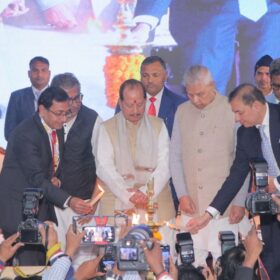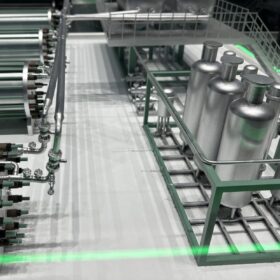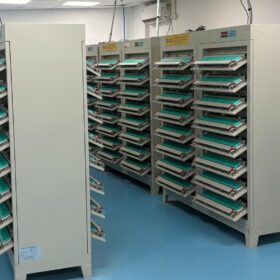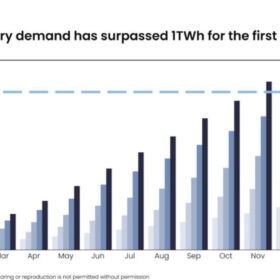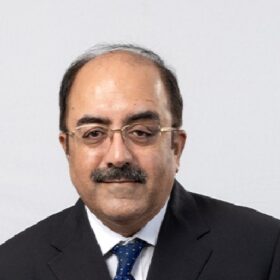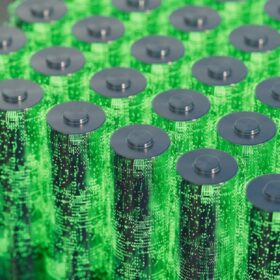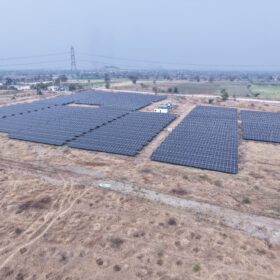Kerala launches 125 MW/500 MWh battery storage tender
Solar Energy Corp. of India (SECI) is accepting bids to set up 125 MW/ 500 MWh of battery energy storage system in Kerala, for “on demand” usage by Kerala State Electricity Board Ltd (KSEBL). The project will be supported with viability gap funding. Bidding closes on Feb. 6.
NTPC signs MoU for green hydrogen mobility in Bhubaneswar
NTPC will set up a green hydrogen fuelling station in Bhubaneswar and provide hydrogen buses for short-haul and long-haul operation.
World’s largest compressed air energy storage project breaks ground in China
Huaneng Group has begun phase two of its Jintan Salt Cavern CAES project in China. It is set to become the world’s largest compressed air energy storage facility with groundbreaking advancements in power output and efficiency.
Waaree Energies approves investment in 300 MW electrolyzer, 3.5 GWh lithium-ion battery cell units
Waaree Energies’ board of directors has approved investment in setting up a 300 MW electrolyzer manufacturing plant and a 3.5 GWh Lithium-ion battery cell manufacturing plant.
Bihar receives INR 90,734 crore investment proposals in renewable energy
Ashoka Buildcon, HPCL, NHPC, NTPC Green, SJVN, Sun Petrochemicals and Surya International are among companies that have signed memorandum of understanding with the state government for investment in renewable energy
The Hydrogen Stream: Ashoka Buildcon commits INR 9,000 crore investment in Bihar
Maharashtra-based construction engineering company Ashoka Buildcon has committed an investment of INR 9,000 crore in setting up a green hydrogen production plant in Bihar.
Neuron Energy ties up for two-wheeler battery production
Neuron Energy, an EV battery manufacturer in India, has partnered with a two-wheeler original equipment manufacturer (OEM) to establish a facility with a capacity to produce 3,000 battery packs monthly with a total energy output of 100 MWh. Over the next two years, the partnership aims to boost this capacity to 150 MWh through an investment of INR 150 crore.
Annual lithium-ion demand surpasses 1 TWh for first time
The big milestone comes on the back of a record month for electric vehicle sales and strong battery energy storage system (BESS) deployment. However, EV demand remains far behind BESS with the latter’s impressive growth reaching a year-on-year increase of 175% and cumulative 19.4 GWh deployed in November alone.
How microgrids with energy storage empower remote communities
Battery energy storage systems significantly improve the reliability of microgrid power supply, offering a dependable source of electricity for critical services like healthcare facilities and schools.
Antidumping investigation could more than double cost of U.S. EV battery, energy storage
Anti-dumping, countervailing duties on battery materials could have serious effects on the EV and energy storage markets, as the battery material and manufacturing markets in the U.S. are still in very early stages.
